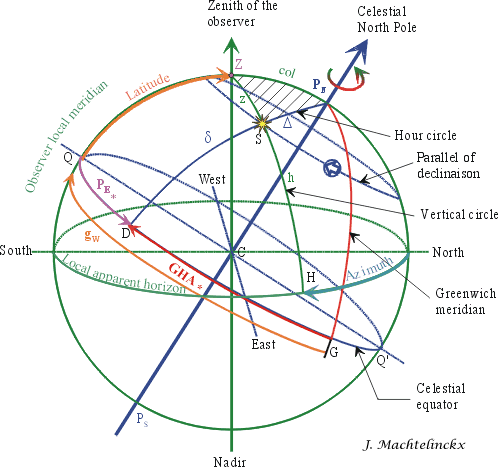 You know how sometimes in a rush hour time you find that sweet spot?–that perfect timing that lets you slide right into traffic and move quickly to your destination against all odds? Yesterday wasn’t that day. Driving home from work–west side of Madison to the east–I stepped, or rather drove, right into it. Traffic crawled and me, along with it. I adjusted my radio to NPR for the day’s news and settled in. This was going to take awhile.
You know how sometimes in a rush hour time you find that sweet spot?–that perfect timing that lets you slide right into traffic and move quickly to your destination against all odds? Yesterday wasn’t that day. Driving home from work–west side of Madison to the east–I stepped, or rather drove, right into it. Traffic crawled and me, along with it. I adjusted my radio to NPR for the day’s news and settled in. This was going to take awhile.
Leading the day’s stories was the coverage of Donald Trump, speaking from North Dakota, thanking those delegates who had helped him become the “presumptive nominee”. Six more months of this, I thought as he already took cheap shots at his presumed opponent, despite the fact that neither has officially secured the party’s nomination. Sigh. I am saddened beyond belief that our country has come to this–that someone who so embodies hate and divisiveness could potentially lead our country in this time when so much grace is needed.
But on to the next story.
Doctors Without Borders working in South Sudan, the next story focused on two doctors working with children. The reporter interviewed a Dutch doctor as they walked through the makeshift clinic, situated in a war zone with the constant sound of gunfire in the background. These children suffer mainly from malnutrition and many from malaria. They spend most of the interview at the bedside of an infant named Nyenyowni. Severely malnourished with a case of malaria on top of that, the reporter finds out later that this child of only 15 pounds is 3 years old. Later on in the story, Nyenyowni dies. The doctor notes that perhaps she should list “born in South Sudan” as the cause of death. The reporter can barely tell the story, crying at the scene, and the doctors step away from the microphone to take some time to breathe through the intensity. The story ends with the mothers of the children singing Sudanese songs outside of the clinic, singing and clapping for those who are still alive.
In the third story, a father and daughter are circumnavigating the globe in a traditional Polynesian canoe called Hokele’a, meaning “Star of Gladness”. The father is trained in the old ways of “wayfinding”–traditional navigation using the rising and setting of certain stars, the sun, the moon, passing birds. And when none of those is available, he relies on waves– the motion that the canoe makes as it climbs up over the wave, and he internalizes that as a rhythm. The story is luminous and well told.
I arrive in my driveway, changed by this encapsulated vision of our world. There are those who stomp loudly over everyone, concerned only with themselves, while the world suffers. People, corporations, capturing the media’s attention but certainly not reflecting the whole story. Working tirelessly is a cadre of those who step in to lend a hand in this tired world, saving one small life…or not…but they keep working–working so diligently, in fact, that they haven’t the time to talk about themselves or draw attention to their work. And then, there are those who are the wayfinders, listening to the sounds and guidance that have led us for ages.
Let us be careful who we listen to.